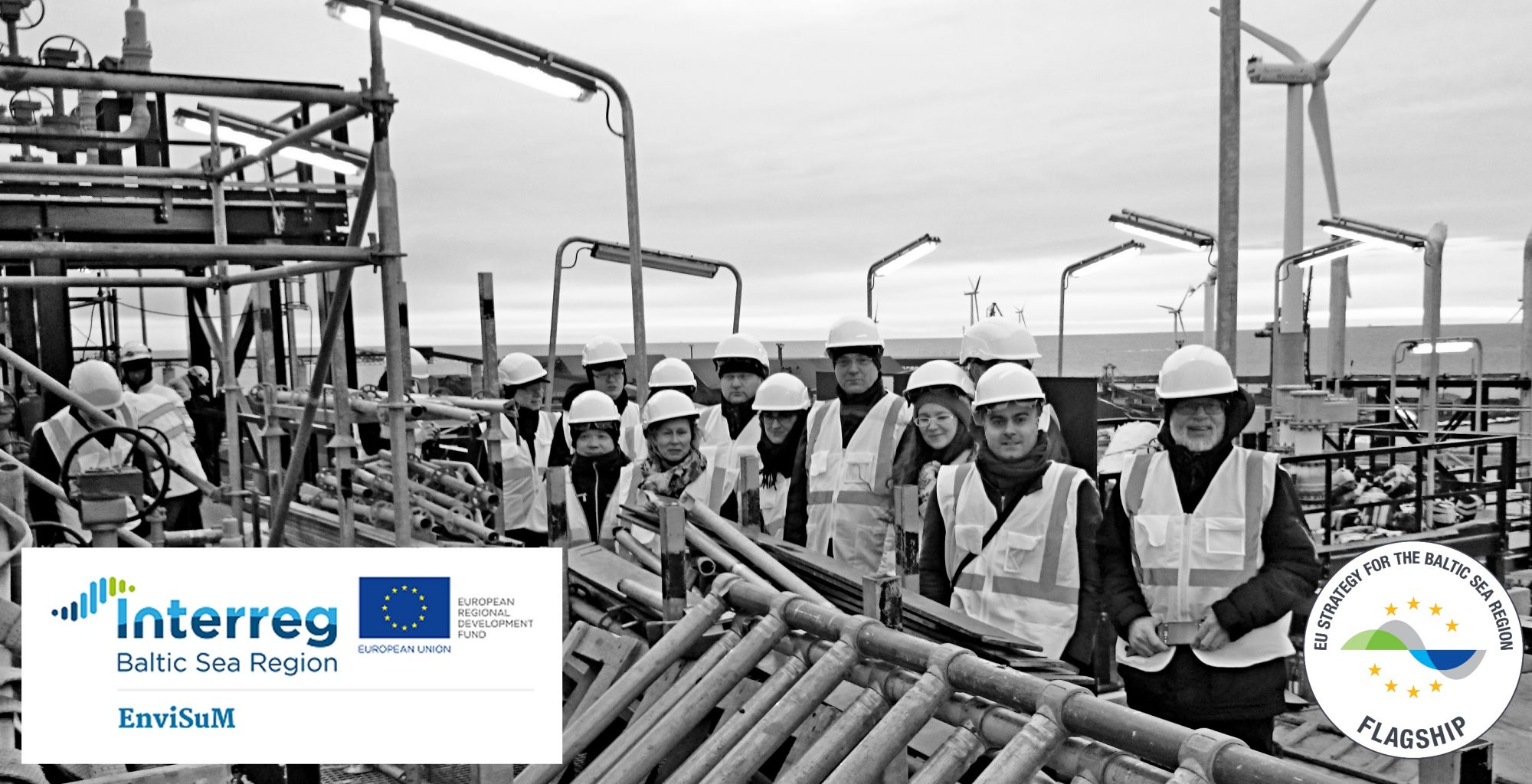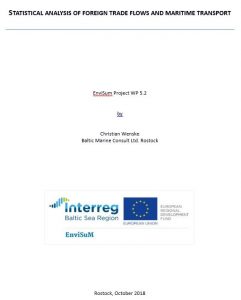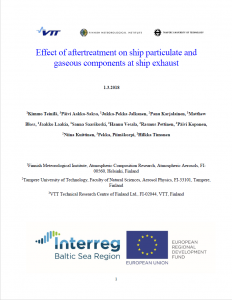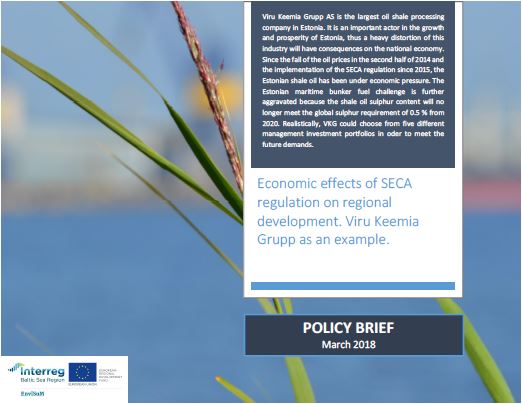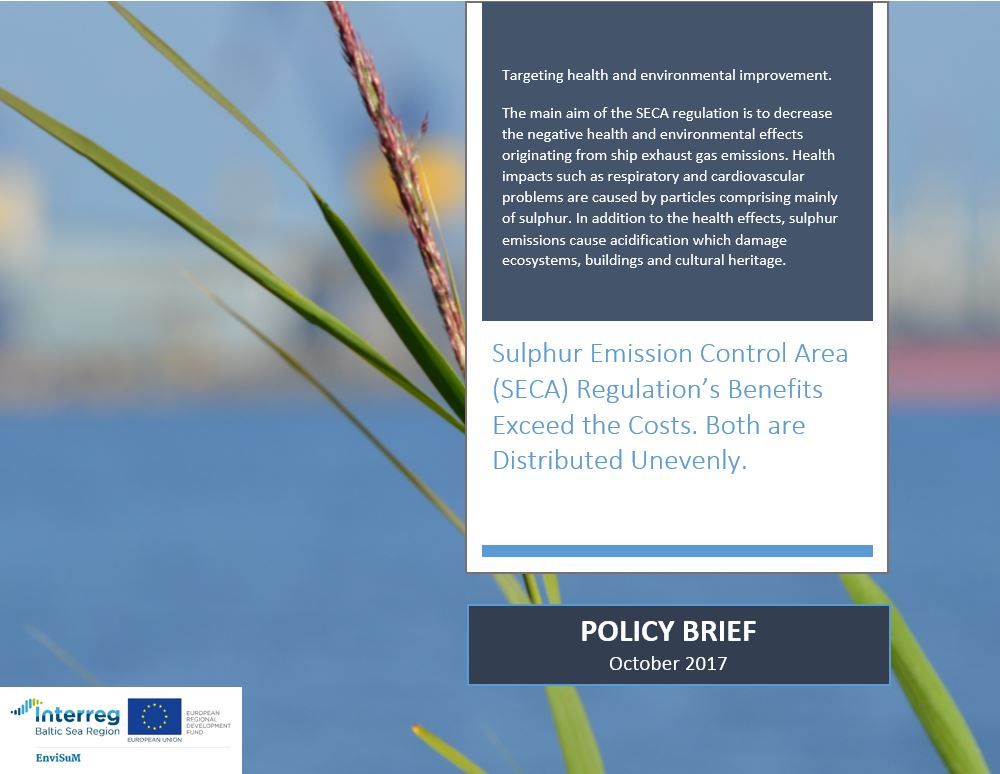A novel report concerning air quality measurements is finished. Urban air quality measurements were conducted near the city ports in three harbour cities around the Baltic Sea region: Tricity in Poland, Gothenburg in Sweden and St. Petersburg in Russia. Measured air quality components included NOx, SOx, CO, O3, PM10, and PM2.5. The measurements of these components in the pilot cities were investigated against the reference methods. The measurement systems and the quality management systems were also audited. The used methods, results and conclusions of these investigations are presented in the report.
Author Archives: minlaiho
EnviSuM partner meeting in Oslo 8th – 9th of January 2019
EnviSuM project is reaching its end, and last partner meeting was held in beautiful Oslo. Warm thanks to Norwegian Meteorological Institute who acted as a host for the meeting!
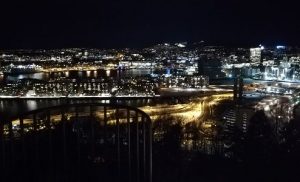
Project partners spend two busy days processing the results received during the project. Issues discussed varied from cost-efficiency and enforcement of regulation concerning shipping to impacts of ship emissions to health and environment.
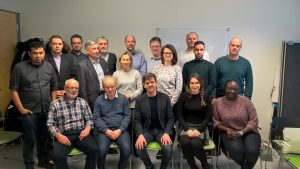
Outcomes of the project will be presented in EnviSuM final conference, which will be held in 24th of April in Copenhagen at the Danish Maritime Authority in Copenhagen, Denmark. You are warmly welcomed to the event!
Was there a modal shift from sea to land?
Is there a noticeable change in the maritime transport flows in the Baltic Sea following the introduction of SECA regulation? was a question raised in many occasions and by many stakeholders before SECA entered into force 2015. Now we have an answer to that much-discussed question.
According to A STATISTICAL ANALYSIS OF FOREIGN TRADE FLOWS AND MARITIME TRANSPORT -report, the impact of more stringent sulphur limit introduced in 2015 was much less important than what was previously feared. In addition, there was no clear statistical evidence of modal shift from sea to land transport in the years 2015 – 2017.
Read the whole report by clicking the image below.
Scrubber reduce effectively sulphur from ship’s exhaust gas
Measurements of the scrubber efficiency were done onboard a RoPax ship. Measurements showed that scrubber reduce effectively the SO2 concentration from the exhaust gas and also concentration of NOx was reduced. CO and hydrocarbon concentrations were reduced by diesel oxidant catalyst located before scrubber.
Measurements were made in co-operation between Finnish Meteorological Institute (FMI), Tampere University of Technology (TUT) and VTT Technical Research Centre of Finland Ltd. (VTT).
Read more of the results from the new report.
Results of Round Table Discussions from Baltic Sea Day in Russia
XIX International Environmental Forum “Baltic Sea Day” was held in 22-23 March 2018 in St. Petersburg. EnviSuM project was part of the successful event.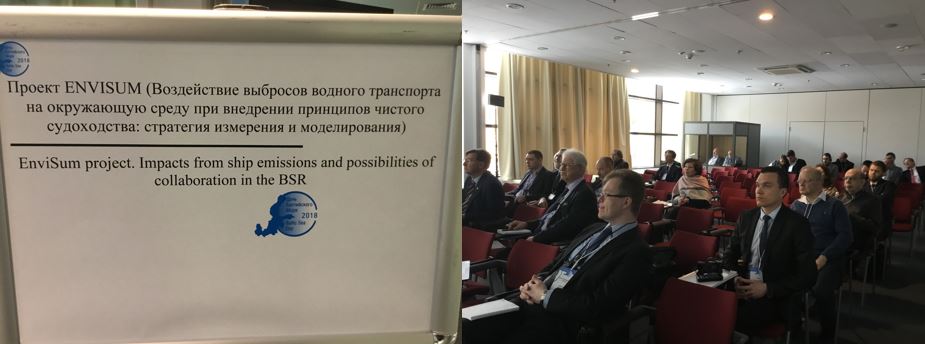
Agendas, presentations and outcomes of the round tables can be loaded from the HELCOM’s webpage.
http://helcom.ru/baltic_sea_day/2018_year
EnviSuM WORKSHOP 23 March 2018, in St. Petersburg
The workshop will be held during a HELCOM event – Baltic Sea Day 22-23 March.
The workshop programme: Impacts from ship emissions and possibilities of collaboration in the BSR
EnviSuM workshop will be held on 23rd March in St. Petersburg.
The goal of the workshop is to present the positive effects of environmental regulations on air quality and human health with special focus on urban areas, and to discuss the possibilities for increasing collaboration within clean shipping around the Baltic Sea.
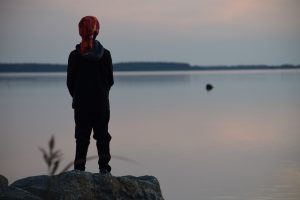

The second Policy Brief of EnviSuM is ready
This Policy Brief gives you an idea what kind of economic effects SECA have on oil refining industry and thereby to regional economy. An Estonian oil shale processing company, Viru Keemia Grupp, is used as an example.
Now the Policy Brief is also available in Russian!
The first Policy Brief released
An event on International Sulfur Regulation
Maritime Development Center organises an event on international sulfur regulation. The requirements on sulfur reductions on the shipping industry will deliver significant reductions in the environmental impact of international shipping. Come and discuss with us of the following burning issues
What will be the challenges for the ship owners in 2020?
Enforcement of the sulphur regulation – jurisdictional limitations and opportunities
See more information from the link below
International sulfur regulation 28th of September

See the new EnviSuM video
EnviSuM project made a study visit to Gothenburg to discuss the impacts of SECA regulation. See some of the results from the video!
